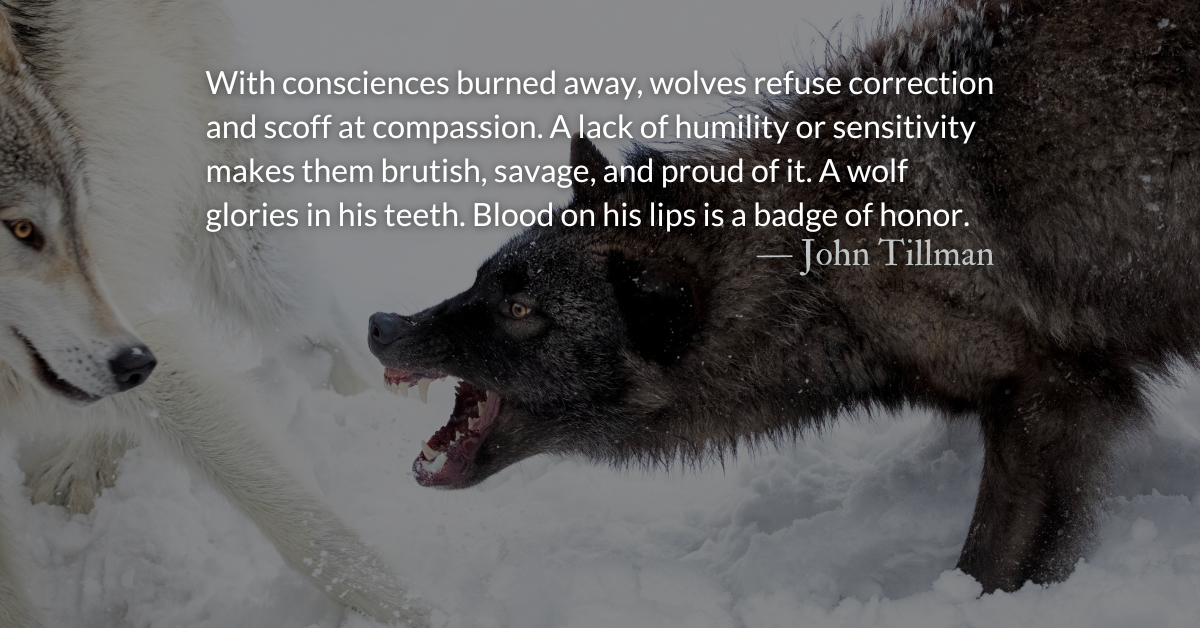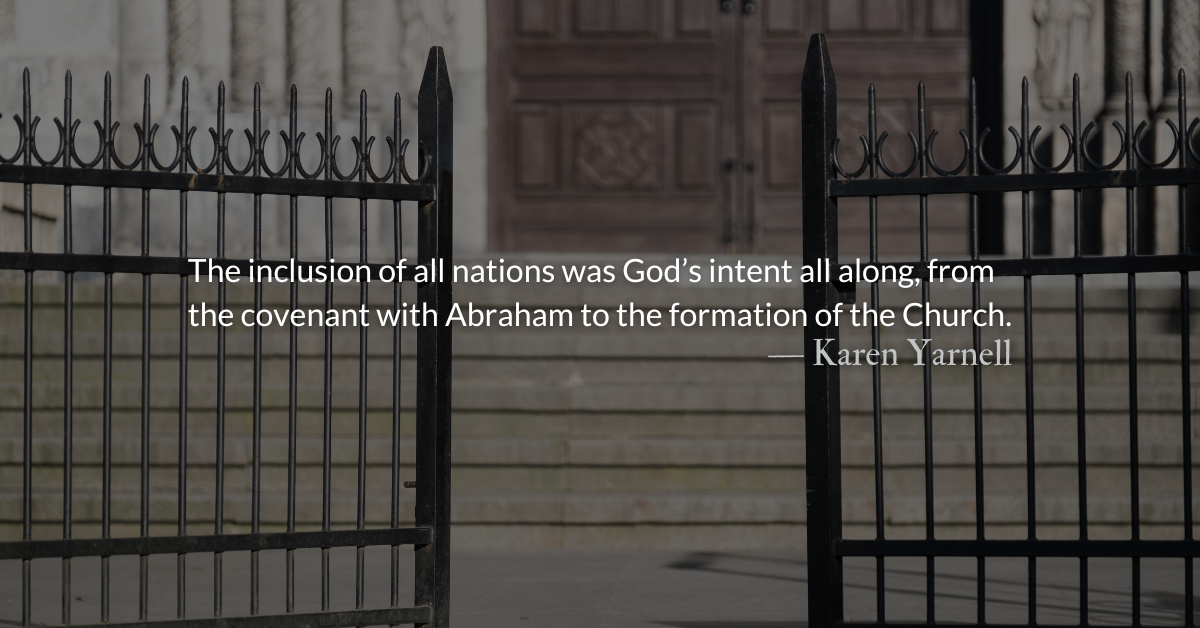Scripture Focus: Matthew 4.18-21
18 As Jesus was walking beside the Sea of Galilee, he saw two brothers, Simon called Peter and his brother Andrew. They were casting a net into the lake, for they were fishermen. 19 “Come, follow me,” Jesus said, “and I will send you out to fish for people.” 20 At once they left their nets and followed him.
21 Going on from there, he saw two other brothers, James son of Zebedee and his brother John. They were in a boat with their father Zebedee, preparing their nets. Jesus called them, 22 and immediately they left the boat and their father and followed him.
Acts 4.13
13 When they saw the courage of Peter and John and realized that they were unschooled, ordinary men, they were astonished and they took note that these men had been with Jesus.
Reflection: Following and Fishing
By John Tillman
It’s interesting that Matthew emphasizes that at least one-third of the 12 were fishermen. Jesus’ closest disciples, the three, were all fishermen.
We aren’t told the occupations of most of the disciples, but we know they were politically and economically diverse. Among them were those very close to the High Priest (John 18.15-16), those close to Herod (Luke 8.3), those advocating rebellion against Rome (Matthew 10.4), and those working for Rome (Matthew 9.9-11). Matthew had been a Roman tax collector. He was hated because of his collaboration with the occupiers and for having a lavish lifestyle and sinful friends.
Perhaps Matthew highlighted the fishermen because he recognized that they would be more sympathetic to his Jewish audience. Eventually, these simple tradesmen would stand before the most learned council of religious experts and stump them with their understanding of scripture and of God. The council would note that although they were “ordinary” they “had been with Jesus.” (Acts 4.13) By simply being with Jesus, they had “seen the Father” (John 14.9) more clearly than many on the council. How did that happen?
When they started, the disciples may only have understood how to fish or how to collect taxes for an empire. But they learned how to fish for people and how to distribute the blessings of the Kingdom of Heaven.
In the Evangelical Commentary on the Bible, Knox Chamblin points out a two-stage process of being a disciple. The Greek word translated disciple is mathētēs, which means one who learns. However, Chamblin says, “A disciple is not first a learner, but a follower. Jesus calls first for a commitment to his person, which in turn entails obedience to his teaching.”
You don’t have to know everything before following Jesus. You just have to be willing to follow him. The disciples were often confused, often wrong, often frightened, and often in danger. But the longer they were with Jesus, the more fearless, the more reliable, and the more knowledgable they became.
You may be, like the disciples, confused or fearful and you may not have a perfectly formed theology. Follow him. In doing so, you will be formed by him. He will show you what God is like. (Colossians 1.15) He’ll teach you to fish.
The disciples left their tax collecting booths and fishing nets to follow Jesus. What will you leave in order to spend time with Jesus in scripture and prayer?
Whatever it is, it will be worth it.
Divine Hours Prayer: The Call to Prayer
Proclaim the greatness of the Lord our God and worship him upon his holy hill; for the Lord our God is the Holy One. — Psalm 99.9
Today’s Readings
Genesis 43 (Listen 5:02)
Matthew 4 (Listen 3:09)
This Weekend’s Readings
Genesis 44 (Listen 4:38) Matthew 5 (Listen 6:03)
Genesis 45 (Listen 4:10) Matthew 6 (Listen 4:35)
Read more about Who Needs Anger?
“Why are you angry?” is a great question I need to remind myself of often, especially in this particular season where there is so much anger being spewed…
Read more about A Restoring Sabbath
Think and pray about ways in which you can abstain from technology’s addictive elements, while still using its powerful tools to spur your spiritual growth.











